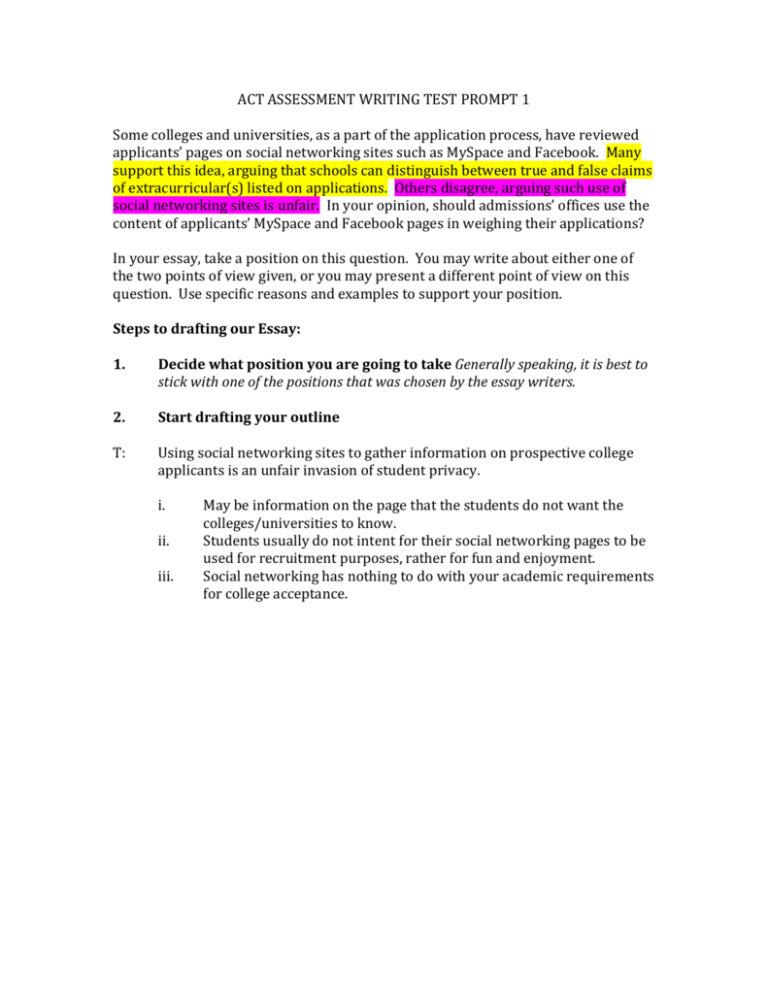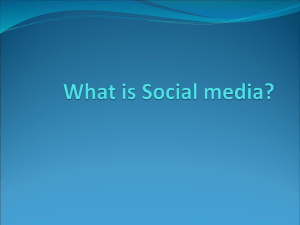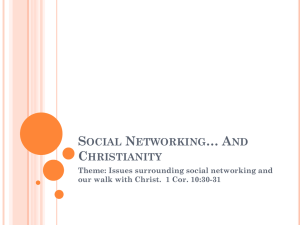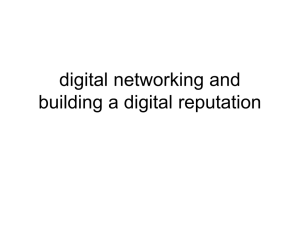ACT ASSESSMENT WRITING TEST PROMPT 1 Some colleges and
advertisement

ACT ASSESSMENT WRITING TEST PROMPT 1 Some colleges and universities, as a part of the application process, have reviewed applicants’ pages on social networking sites such as MySpace and Facebook. Many support this idea, arguing that schools can distinguish between true and false claims of extracurricular(s) listed on applications. Others disagree, arguing such use of social networking sites is unfair. In your opinion, should admissions’ offices use the content of applicants’ MySpace and Facebook pages in weighing their applications? In your essay, take a position on this question. You may write about either one of the two points of view given, or you may present a different point of view on this question. Use specific reasons and examples to support your position. Steps to drafting our Essay: 1. Decide what position you are going to take Generally speaking, it is best to stick with one of the positions that was chosen by the essay writers. 2. Start drafting your outline T: Using social networking sites to gather information on prospective college applicants is an unfair invasion of student privacy. i. ii. iii. May be information on the page that the students do not want the colleges/universities to know. Students usually do not intent for their social networking pages to be used for recruitment purposes, rather for fun and enjoyment. Social networking has nothing to do with your academic requirements for college acceptance. 3. Draft your essay Admissions’ offices should not use the contents of applicants’ MySpace and Facebook pages in weighing student applications because it is an unfair invasion of student privacy. First, students do not intent for their social networking pages to be used for college recruitment purposes, rather simply for fun and enjoyment. Second, as a whole, social networking has nothing to do with a student’s academic requirements for college acceptance. Finally, there may be sensitive information on the social networking page(s) that student would not want colleges or universities to know. For these reasons, admissions offices should not have access to student pages. When a student creates a social networking page, it is generally for fun and to share information with friends and family. The purpose of the page is not for serious academic information or college recruitment. When Facebook was created its main purpose, if not sole purpose, was for its founders to figure out whether or not girls they were interested in had boyfriends— which is purely social. Additionally, Facebook has games, birthday information, genealogy information, and much more, that arguably carries a strictly social purpose. If students knew that colleges and university admissions offices would use this information, they likely would modify what they post. Furthermore, social networking sites have nothing to do with a student’s academic or extracurricular requirements for college acceptance. One argument for the use of social networking information is that it allows schools to verify extracurricular activities of applicants. However, the same information could be verified by calling the student’s school rather than using the social networking page. Simply because information is on the page doesn’t make the information true. For admission to college, students must submit test scores, letters of recommendation, grade point averages and more. This information is likely not listed on a social networking site, thus the verification reasoning is faulty. Finally, the potential that private student information is listed on the social networking page is high, which is why most social networking sites allow their users to block what is viewed on their pages. For admissions’ offices to potentially be able to circumvent these privacy restrictions is invasive and unnecessary. Students have a right to their privacy. By submitting an application to a college or university does not mean they are giving up that right. As such, admissions offices should refrain from weighing a student’s social networking page in the application process.




